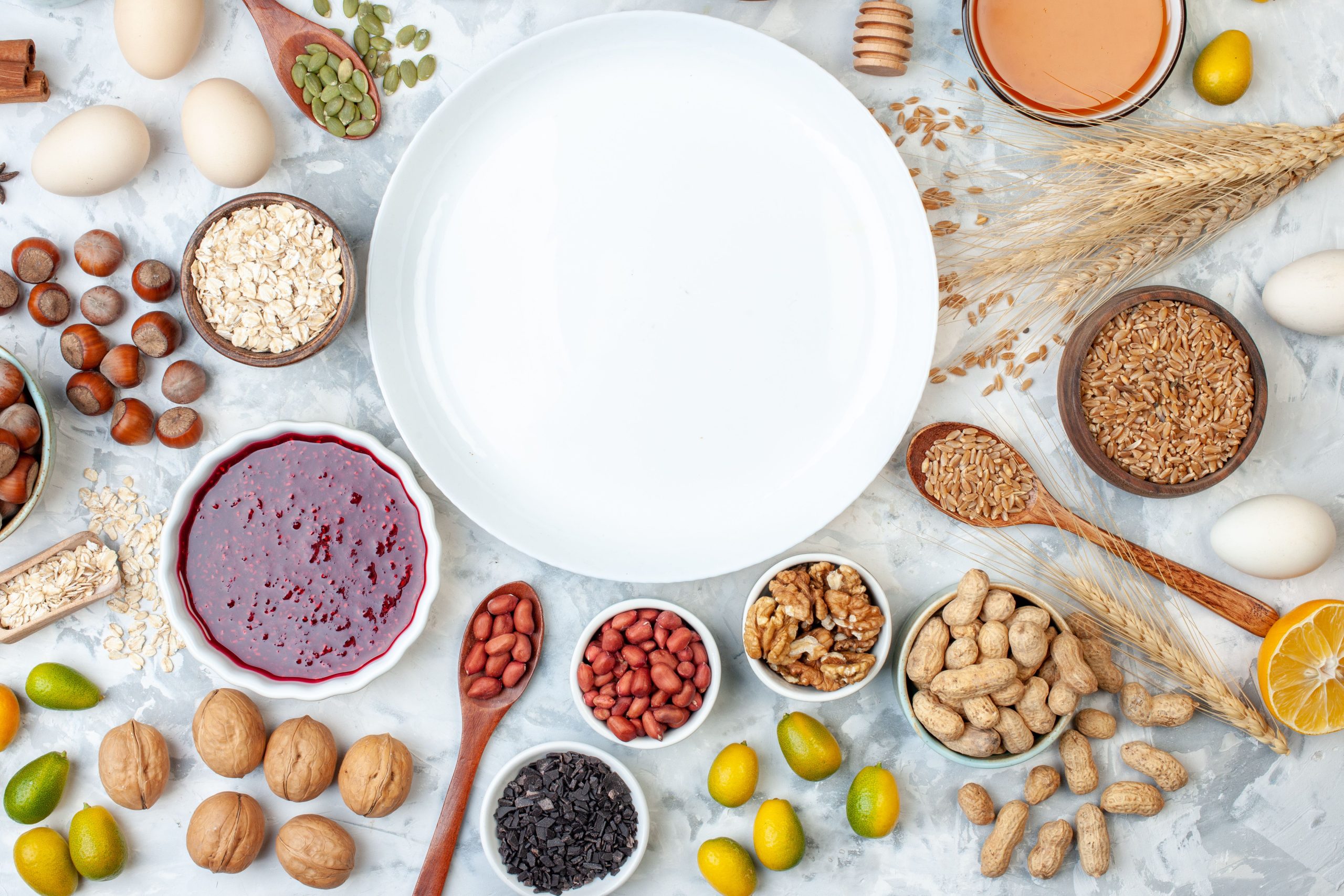
In recent years, inflammation has become a buzzword in the world of health and nutrition. Chronic inflammation, often referred to as the silent killer, is linked to a multitude of health issues, including heart disease, arthritis, diabetes, and even certain cancers. One of the most effective ways to combat inflammation is through diet. By incorporating anti-inflammatory foods into your meals, you can help your body fight off inflammation and promote overall well-being. In this blog post, we will explore some of the top anti-inflammatory foods and how you can easily incorporate them into your daily diet.
Understanding Inflammation
Before diving into anti-inflammatory foods, it’s important to understand what inflammation is. Inflammation is the body’s natural response to injury or infection. When your body senses that something is wrong, it sends immune cells and key nutrients to the affected areas, causing redness, warmth, swelling, and pain, which are signs of inflammation. This type of inflammation is acute and necessary for healing.
However, problems arise when inflammation persists, becoming chronic. Unlike acute inflammation, chronic inflammation can last weeks, months, or even years, often causing more harm than good. It can be triggered by various factors such as poor diet, stress, pollution, and lack of exercise.
Top Anti-Inflammatory Foods
1. Berries
Berries, including strawberries, blueberries, raspberries, and blackberries, are packed with antioxidants and vitamins. They contain compounds known as anthocyanins, which have anti-inflammatory effects. Given their natural sweetness, they’re perfect for desserts or breakfasts.
Incorporation Tip: Add a handful of mixed berries to your morning cereal, yogurt, or smoothie. They also make great snacks on their own or combined with nuts.
2. Fatty Fish
Fatty fish like salmon, mackerel, sardines, and trout are rich in omega-3 fatty acids, which are known to reduce inflammation. Omega-3s help to decrease the production of molecules and substances linked to inflammation, such as eicosanoids and cytokines.
Incorporation Tip: Aim to eat at least two servings of fatty fish per week. You can bake, grill, or even poach your fish for a healthy meal. Try adding fish to salads or serving it with a side of roasted vegetables.
3. Leafy Greens
Leafy greens such as spinach, kale, and collard greens are full of nutrients, including vitamins A, C, and K, as well as antioxidants that combat inflammation.
Incorporation Tip: Include leafy greens in your salads, smoothies, or as a side dish on your lunch or dinner plate. You can also sauté them with garlic and olive oil for a flavorful addition to any meal.
4. Nuts and Seeds
Nuts like almonds, walnuts, and seeds such as flaxseeds and chia seeds are rich in healthy fats, fiber, and protein. They provide a good source of omega-3 fatty acids and antioxidants.
Incorporation Tip: Snack on a small handful of nuts, or sprinkle seeds onto your yogurt, salad, or oatmeal. Chia and flaxseeds can also be added to smoothies or used as egg substitutes in baking.
5. Whole Grains
Whole grains such as brown rice, quinoa, barley, and oats are high in fiber, which helps to reduce levels of C-reactive protein (CRP), a marker of inflammation in the blood.
Incorporation Tip: Swap refined grains for whole grains in your meals. Use brown rice instead of white rice, or opt for whole-grain bread. Quinoa makes a great base for salads or a side dish for dinner.
6. Turmeric
Turmeric is a spice known for its rich yellow color and potent anti-inflammatory properties, primarily due to its active compound, curcumin.
Incorporation Tip: Add turmeric to soups, stews, or curries. You can also make a turmeric tea or golden milk by mixing turmeric with warm milk and a touch of honey. To enhance absorption, pair turmeric with black pepper.
7. Olive Oil
Extra virgin olive oil is a staple in the Mediterranean diet and is known for its anti-inflammatory benefits. It contains oleocanthal, a compound that has similar effects to those of ibuprofen.
Incorporation Tip: Use olive oil in cooking, as a salad dressing, or for drizzling over vegetables. Replace butter or other oils in your recipes with olive oil for added health benefits.
8. Tomatoes
Tomatoes are high in vitamin C and potassium, and they contain a powerful antioxidant known as lycopene, which has been shown to reduce inflammation and protect against certain diseases.
Incorporation Tip: Enjoy tomatoes raw in salads or sandwiches, or cook them in soups, sauces, and stews to boost their lycopene content.
Final Thoughts
Incorporating anti-inflammatory foods into your diet doesn’t have to be complicated. By making small, consistent changes to your eating habits, you can significantly impact your health and reduce inflammation. Remember to pair these foods with a balanced diet, regular physical activity, and a healthy lifestyle for the best results.
In the fight against chronic inflammation, what you eat truly matters. So, start today by adding these nutrition powerhouses to your meals and experience the benefits of a body that feels healthier and more energized. As you make these dietary changes, you’re not only investing in your current health but also setting the foundation for a healthier future.




